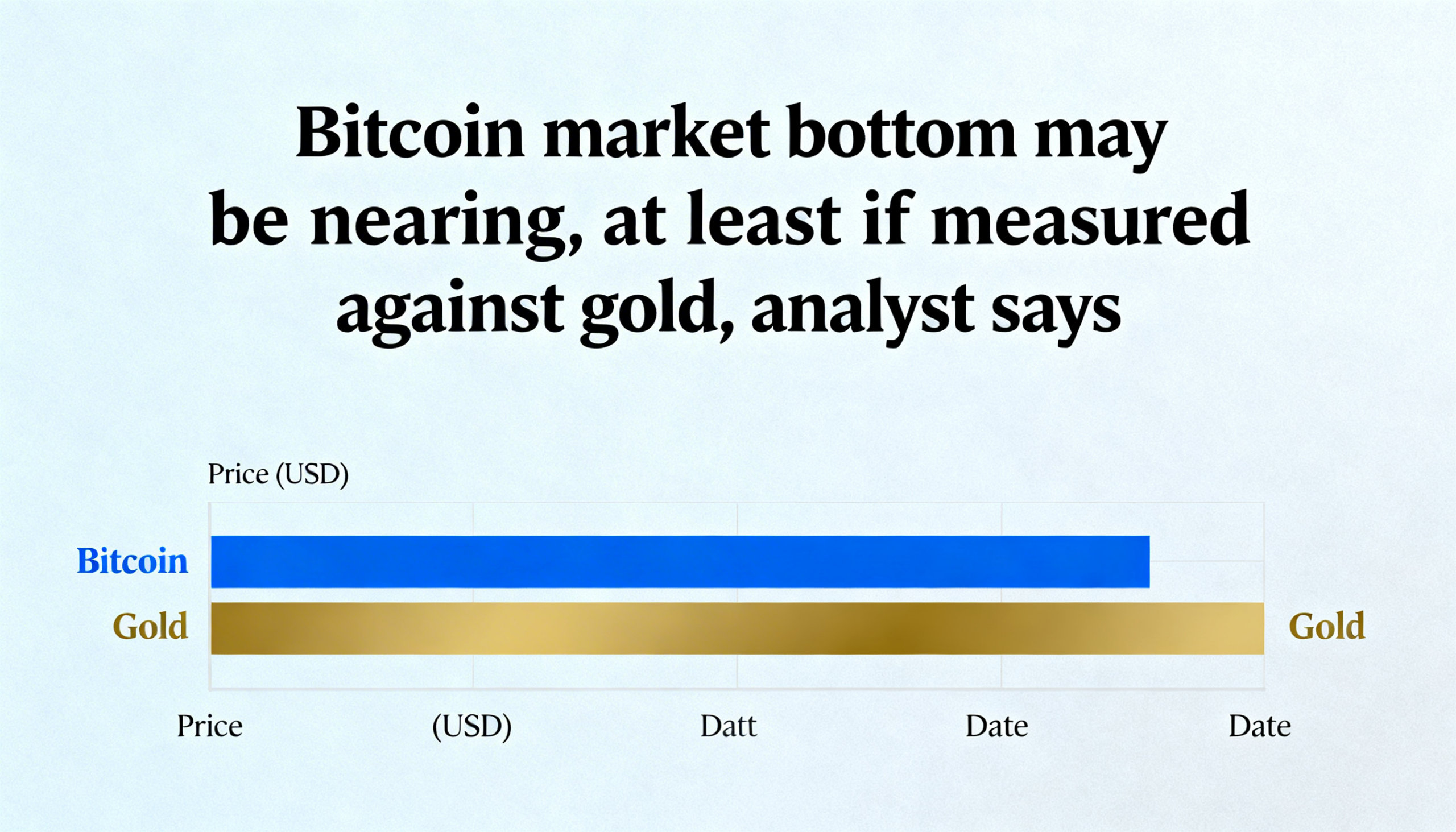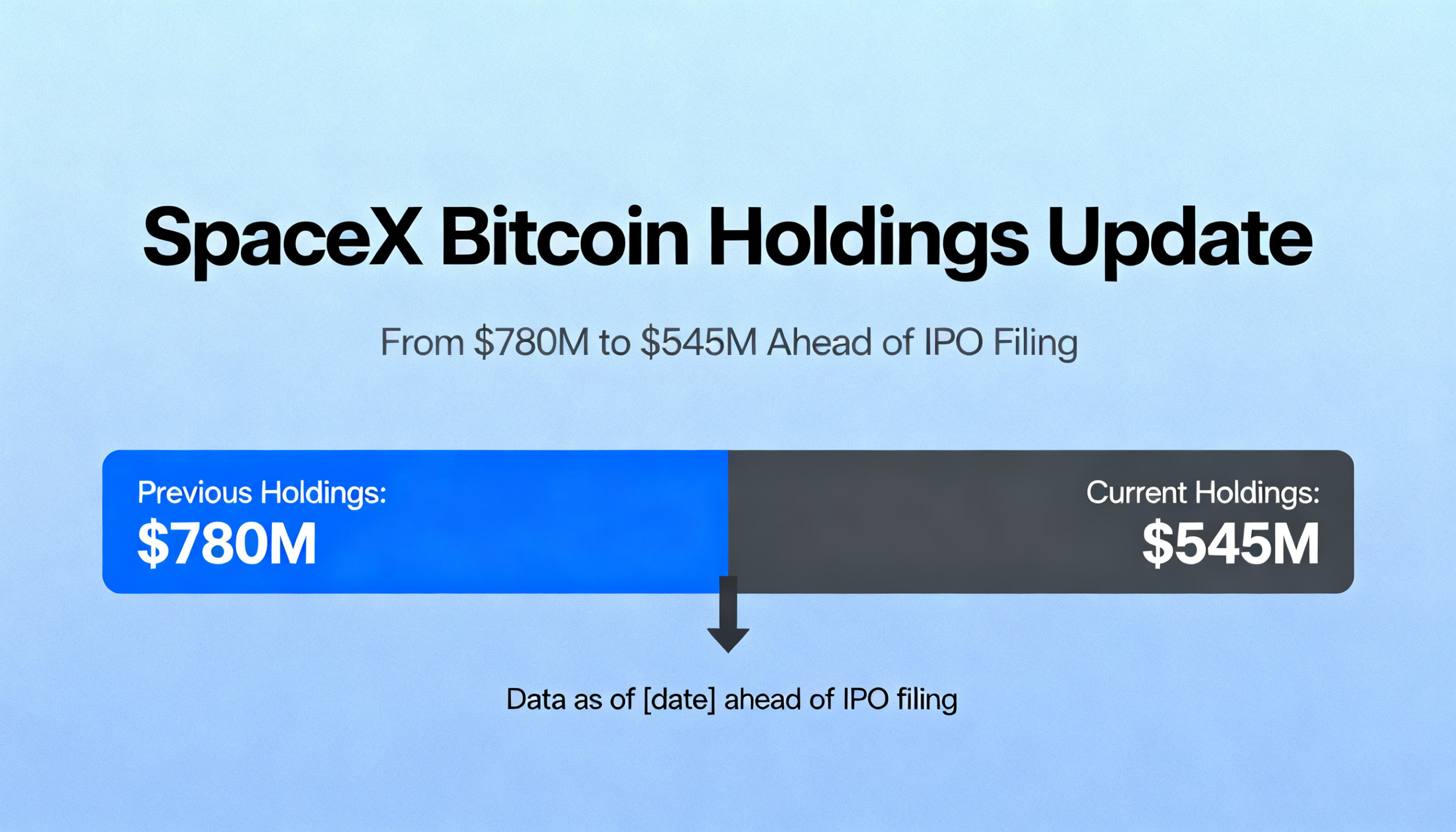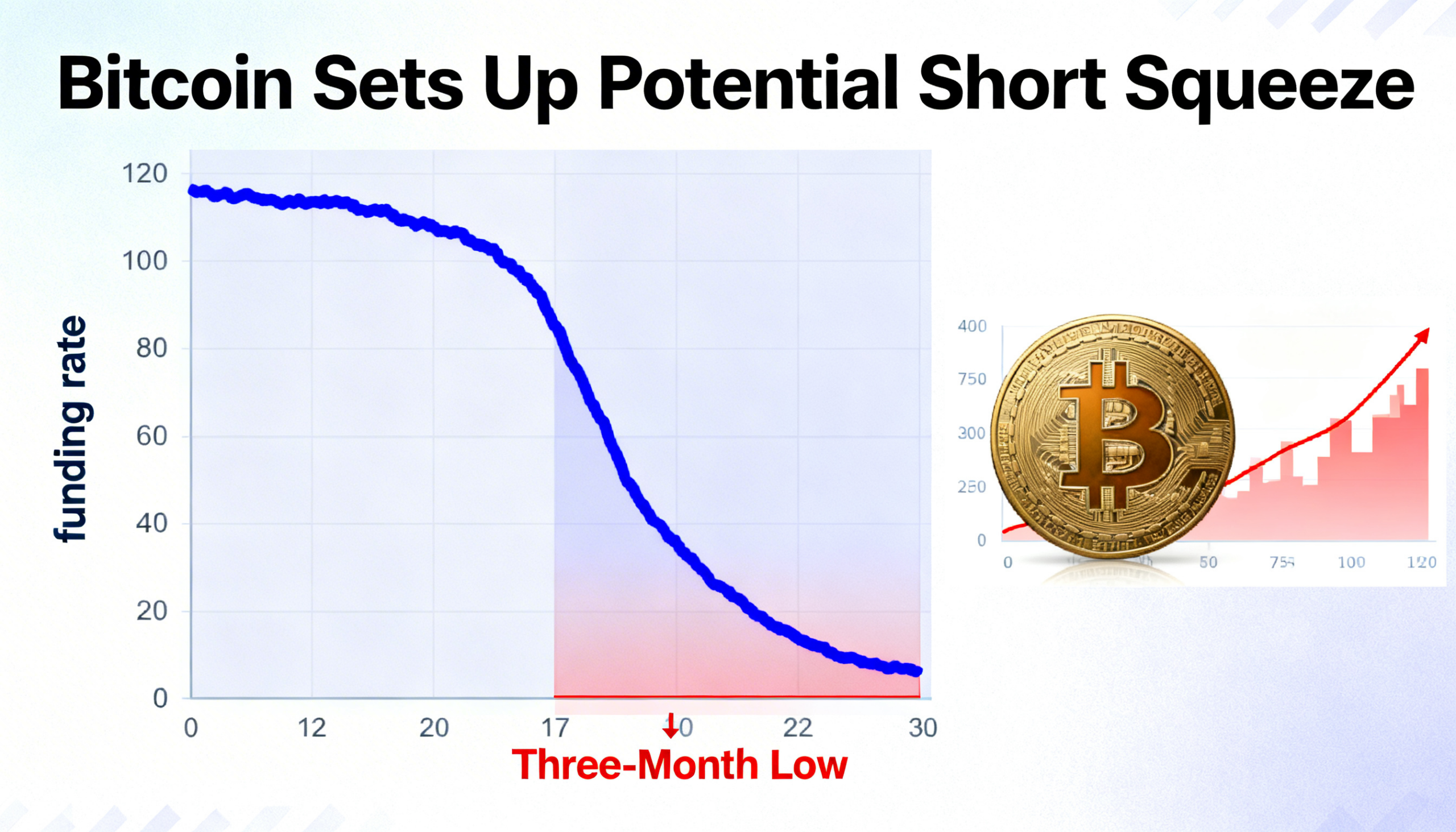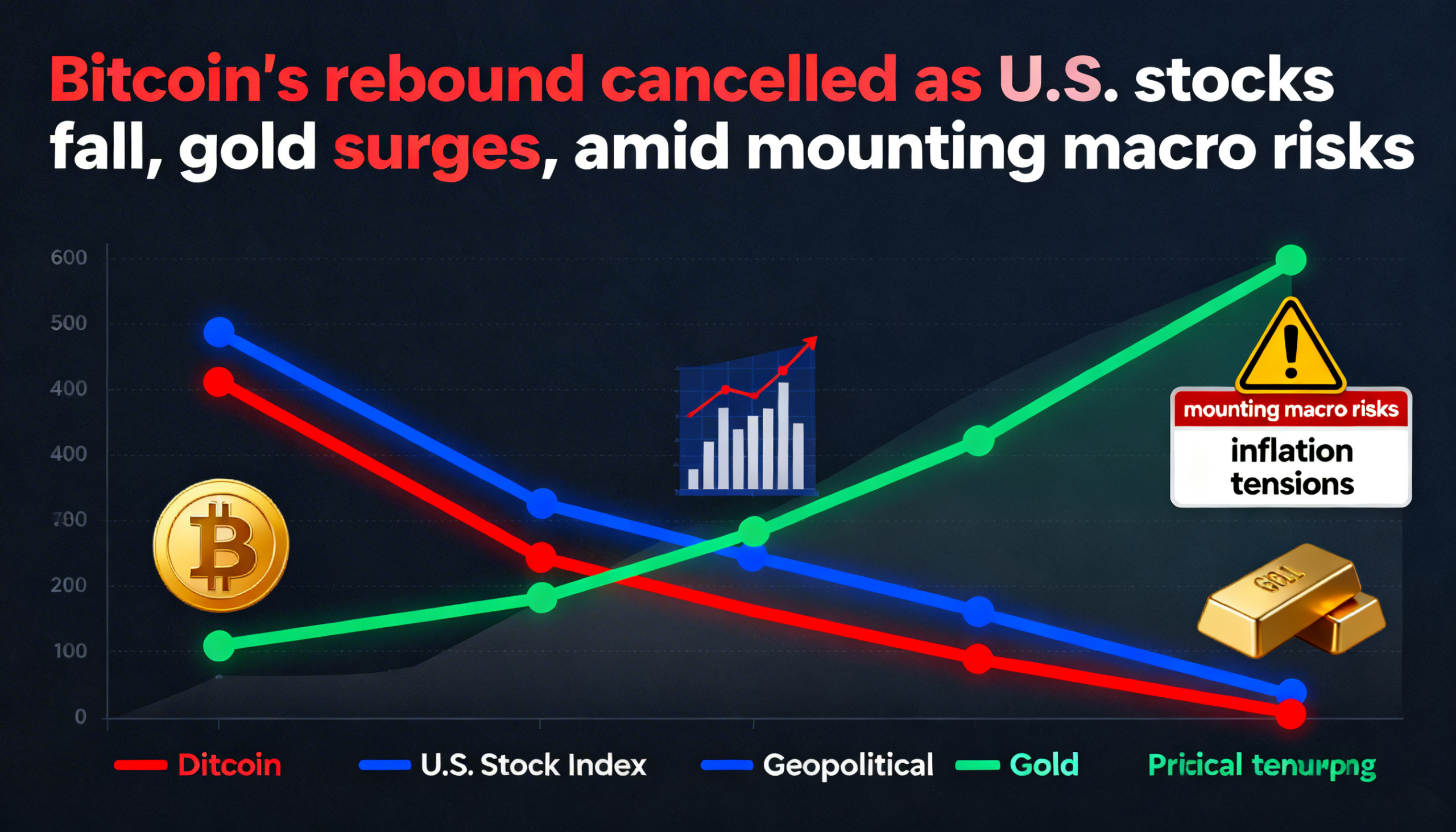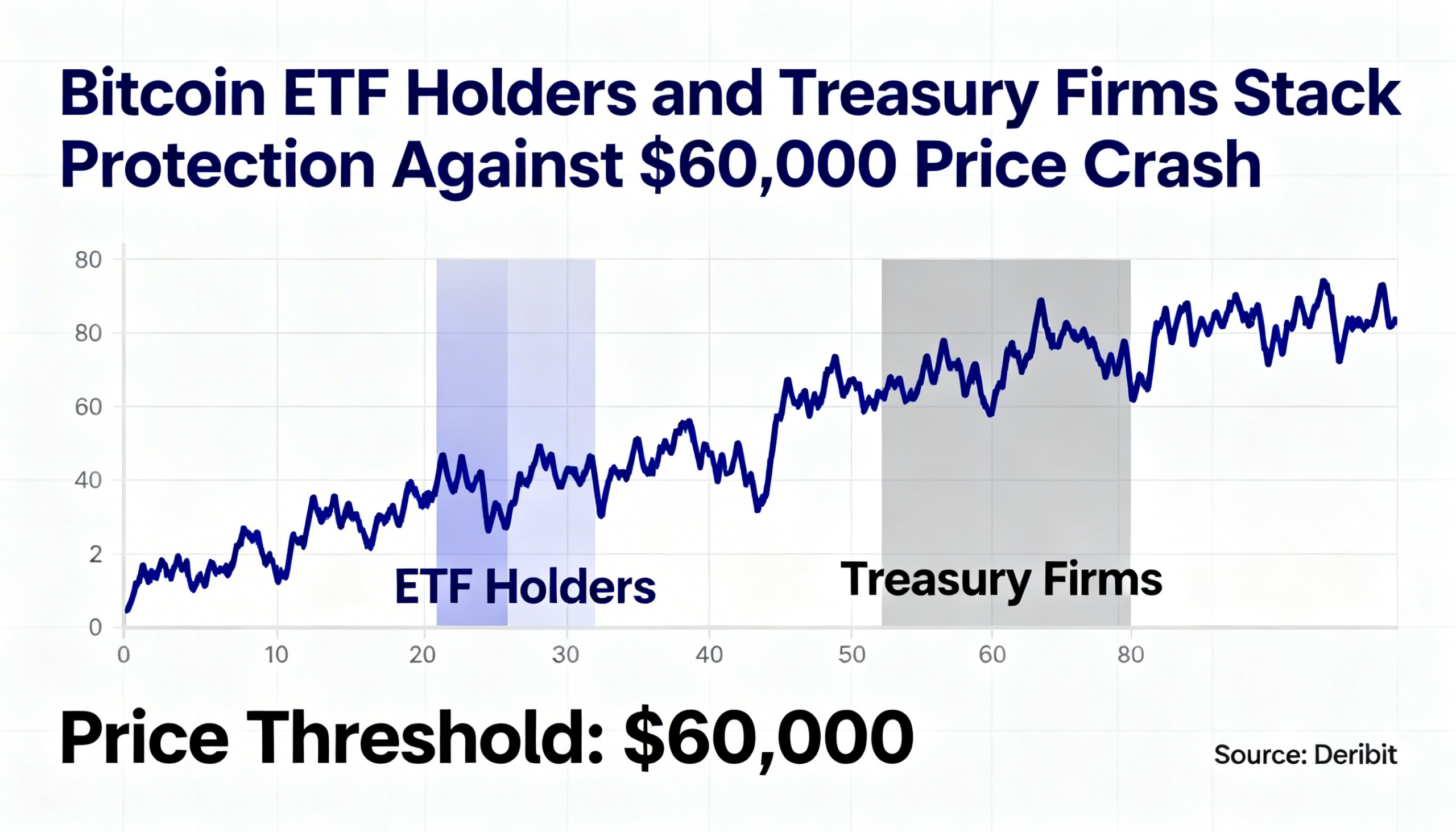SEC Chair Unveils ‘Project Crypto’ in Landmark Shift Toward Digital Asset Reform
As crypto markets reeled last Friday, a major regulatory development slipped under the radar, according to a new report from Wall Street broker Bernstein.
In what analysts described as the “most sweeping and forward-looking crypto framework ever outlined by a sitting SEC chair,” U.S. Securities and Exchange Commission (SEC) Chairman Paul Atkins launched Project Crypto — an ambitious effort to overhaul America’s securities laws to align with the digital asset economy.
Regulatory Clarity for the Digital Age
Project Crypto aims to modernize outdated financial regulations, providing long-awaited clarity for crypto businesses and investors. A key focus is reshoring — encouraging crypto firms that moved offshore due to regulatory uncertainty to return to the U.S.
Bernstein notes that the SEC will use its interpretive and exemptive powers to update legacy rules without waiting for new legislation, a move intended to foster innovation while maintaining investor protection.
Breaking with Tradition
In a sharp pivot from the SEC’s historical stance, Atkins asserted that most crypto tokens should not be classified as securities. He criticized the continued reliance on the Howey Test, arguing it has hindered capital formation and innovation.
He also promised the introduction of clearer guidelines to categorize digital assets across segments — including commodities, stablecoins, collectibles, and governance tokens.
Laying the Foundation for Tokenized Markets
According to Bernstein, the initiative sets the stage for the tokenization of traditional financial instruments, such as stocks and bonds, within U.S. markets. With support already building from Wall Street firms and major tech companies, the SEC hopes to establish the world’s largest tokenized securities market domestically.
A Quiet Turning Point
Despite crypto’s recent selloff dominating headlines, Bernstein suggests Project Crypto could prove to be a defining moment in the evolution of U.S. crypto policy.
“This could mark the beginning of a new era for U.S. financial markets — one built on blockchain rails, with regulation finally catching up,” the report concluded.



